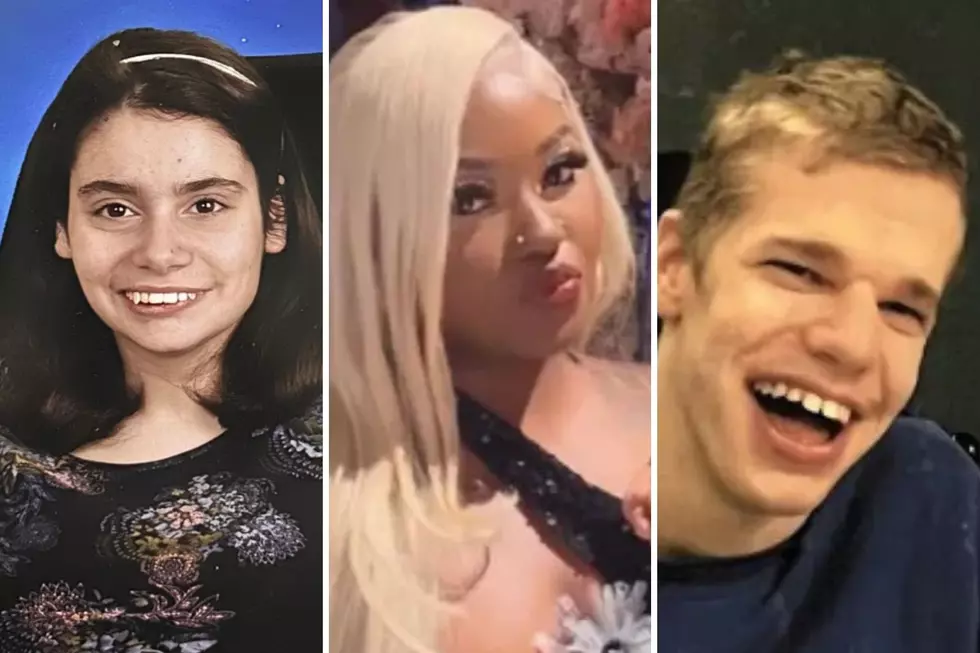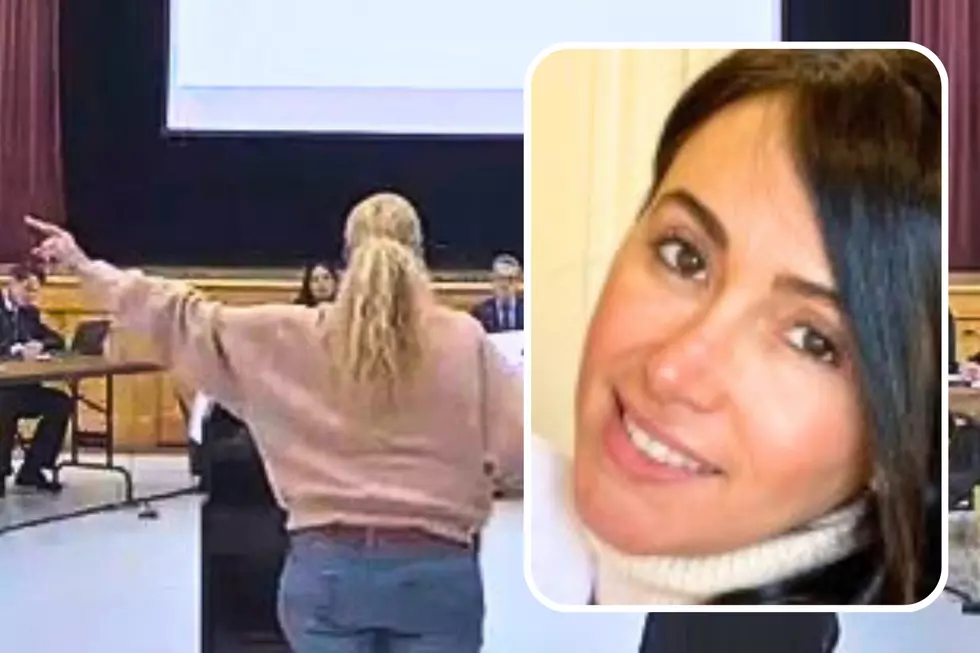![Calif. Coaches’ ‘Cool Runnings’ and Julianne Hough’s Blackface Costumes Called ‘Offensive’ – Is This an Overreaction? [POLL]](http://townsquare.media/site/385/files/2013/10/Screen-Shot-2013-10-31-at-1.15.00-PM-300x225.png?w=980&q=75)
Calif. Coaches’ ‘Cool Runnings’ and Julianne Hough’s Blackface Costumes Called ‘Offensive’ – Is This an Overreaction? [POLL]
Somehow I would have thought that a white Halloween reveler dressing as a black person complete with blackface makeup would know that, historically, this was considered offensive.
A couple of instances this past week comes to mind. In one, a group of San Diego high school football coaches wore blackface in portraying members of the Jamaican bobsled team from “Cool Runnings.”
In the other, “Dancing with the Stars” dancing pro Julianne Hough recently attended a Halloween party dressed as her favorite character in the NetFlix series “Orange is the New Black.”
As you can imagine, there was plenty of outrage to go around.
Perhaps outrage over the ignorance of the historical significance of blackface.
Two San Diego high school football coaches wore blackface for their "Cool Runnings" Halloween costumes to a game last weekend. Now they're in hot water with civil rights advocates.
The NAACP blasted Serra High School varsity head coach Brian Basteyns and assistant coach Harold Seeley for their Jamaican bobsled team outfits.
“Blackface is very pejorative. It has serious implications for African-Americans,” Alice Huffman, president of the California NAACP, told the Daily News on Wednesday. “It’s insulting to have people dress up in blackface. It is something that we aren’t going to accept.”
The Anti-Defamation League's local office also attacked the getups as offensive and insensitive to African-Americans.
"We feel that blackface is never appropriate," Tammy Gillies, director of the ADL San Diego, said. "Their decision to do that shows a disregard for the racial history of our country and for the role that blackface played in furthering racist images and attitudes."
The ADL asks the school district to investigate and send a message that "this type of insensitivity won't be tolerated."
But not everyone feels the same way, including several African-Americans on the team.
Fellow coach Al Dave, who works closely with Basteyns and Seeley, told KXTV that if there were a "sliver of racism," he would have reported them himself.
Student Xavier Miller, who has played for the coaches for four years, told the station that he wasn't insulted and even laughed when he saw the photo of them dressed as characters from the Walt Disney movie.
Julianne Hough ruffled some feathers when she went to a party in blackface as "Orange Is the New Black" character Crazy Eyes on Friday, but she didn't offend one of the stars of the Netflix series.
Laverne Cox, who plays Sophia Burset on "OITNB" told Us Weekly that Hough's choice made her more sad than upset.
"I wasn't offended," she told the gossip magazine. "I thought it was a shame that she is in this country, that she would wear blackface and not understand the historical implications of that."
"I don't think Julianne is making a specific, informed choice to comment on blackness," Cox continued. "I just think it's out of ignorance. That's really sad."
The silver lining? Hough is "obviously a fan of our show," Cox concluded. "I love Crazy Eyes, too."Hough, 25, issued an apology over her outfit via Twitter on Saturday.
Now, just to give you a brief history as to why blackface is considered offensive, from thegrio.com, the caricature comes from the minstrel shows that in which blacks performed:
Minstrelsy desensitized Americans to horrors of chattel slavery. These performances were object lessons about the harmlessness of southern slavery. By encouraging audiences to laugh, they showed bondage as an appropriate answer for the lazy, ignorant slave.
Blackface became a mainstay of stage and later film performance in the twentieth century.
Most often blackface was used as a comic device that played on the stereotypes of black laziness, ignorance, or crass behavior for laughs. Sometimes blackface was used simply to portray black characters.
The 1915 film, Birth of a Nation, the first feature film to be shown in the White House, used blackface to portray Reconstruction era black legislators as incompetent and to paint all black men as threatening to rape white women.
The first talking picture, 1927’s The Jazz Singer starred Al Jolson, one of the most famous American performers of his day, in blackface. Even America’s sweetheart, Shirley Temple, donned blackface in 1935 film The Littlest Rebel. While none of the black actors in The Littlest Rebel film wore blackface, they performed in a style first created on the minstrel stage one hundred years earlier.
So while it’s true that there’s a lack of knowledge as to blackfaces’ historical significance; can it be said that the individuals wearing the blackface intentionally meant to offend?
Simple answer: no. Overreaction: perhaps.
More From New Jersey 101.5 FM









